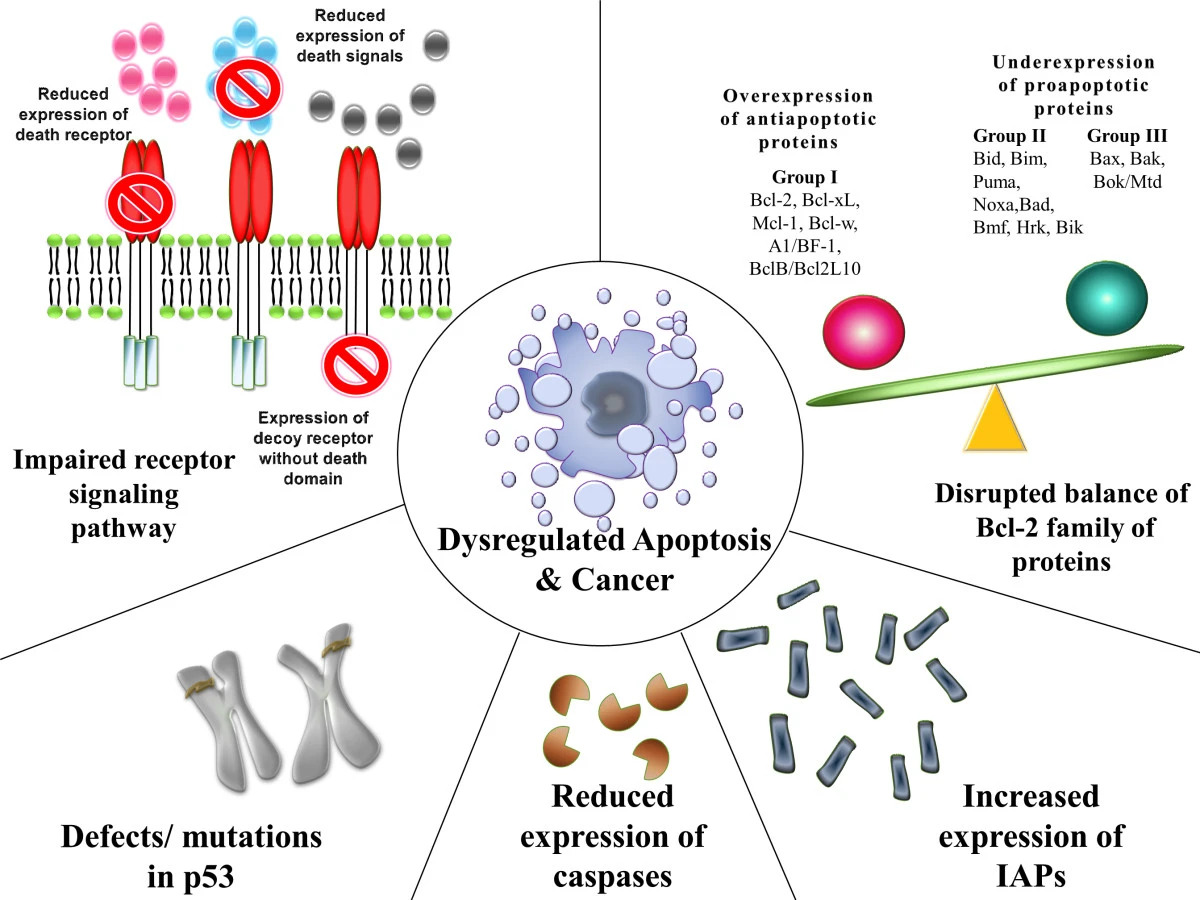Playlist
Show Playlist
Hide Playlist
Introduction to Carcinogenesis – Carcinogenesis
-
Slides Carcinogenesis Basic Principles.pdf
-
Download Lecture Overview
00:02 Here we have carcinogenesis. A very important topic for you in medicine in general. 00:08 You understand this chapter in which I will organise your thoughts for you with all the different ways in which through a flow chart, I will show you as to how a particular organ may then develop cancer. 00:21 Once you have this understood, then everything else in all the other organ systems in pharmacology, will be that much simpler. The fundamentals of carcinogenesis. It does not have to be a lethal genetic damage. 00:37 And by that I mean that there could be non-lethal issues. Remember that you could have just one mutation taking place, and may be developing cancer. For example, if you have a translocation of 9 and 22 developing chronic myelogenous leukaemia, there is one translocation which develop the cancer and you as a clinician, will be taking advantage of that. Meaning to say that you are going to use a drug such as imatinib, that inhibit the tyrosine kinase and cure your cancer. However, most of your cancers require multifactorial type of mutations. May be p53, may be RAS, being very common mutations eventually leading into cancer down the line. Now there are four classes of normal regulatory genes that are often damaged and therefore going on to developing neoplasia. Growth promoting oncogenes. 01:33 At some point, we will go through what's known as proto-oncogenes which are perfectly normal. Responsible for maturation and growth of normal organs within us. 01:42 At some point in time those proto-oncogenes may then become mutated, and thus become oncogenes. 01:49 You have heard of c-myc with Burrkitt's lymphoma. It is an example of an oncogene. 01:55 Growth inhibiting tumor suppressor genes. Now, tumor suppressor genes are like guardians for us in our ccell cycle. 02:02 For example, you have heard of p53 and Rb. Those would be the most famous of the tumor suppressor genes. 02:07 There are however a few more that we need to keep in mind. 02:11 Now imagine, that the security guards are then removed from your cell cycle. 02:16 There is nothing preventing a bad cell to go through the cell cycle resulting in eventually, cancer. 02:25 Genes that regulate apoptosis. Here, keep in mind that cancer would not want apoptosis. 02:32 Cancer wishes and often times is successful in finding the 'fountain of youth'. 02:40 Forever will remain. Therefore, carcinogenesis would mean that it has found a way to evade apoptosis. 02:49 For example, if I tell you translocation of 14 and 18, reflexively you will tell me about follicular lymphoma. 02:56 Reflexively you will tell me about upregulation of BCL2. That BCL2, will prevent the release of your cytochrome c. You will not activate caspase, thus you will not have apoptosis. 03:11 Genes involved in DNA repair. Often times you will have DNA repair genes and at some point we will talk about an example from biochemistry, of a pathology called xeroderma pigmentosa, in which there is an excision repair mutation, resulting in lack of proper repair of the DNA. 03:30 And if this then continues through the cell cycle, guess what, will or would perhaps then develop cancer. 03:38 Most of your cancers as I said, will be multi-step in process or the evolution of the cancers. 03:47 Put it that way. And by that I mean once again, maybe there is a mutation that initially took place with RAS. 03:53 Even before that, maybe there is a mutation in which patient was exposed to whatever type of carcinogen. 03:59 That we will take a look at in terms of a chemical. Usually will be multi-step. There are exceptions to that. 04:05 I gave you one such as CML. Another one, called melanoma, in which once again here, if you are able to inhibit BRAF, you might actually be able to treat melanoma. 04:21 In which it's just one mutation. Tumors arise from clonal expansion of single genetic damaged precursor cell. 04:28 In other words, most of your cancers will exhibit a phenomenon called monoclonality. 04:34 Lots to talk about in carcinogenesis. All I am doing right now is laying down the foundation of things to come, and we will go into great detail, and obviously I will give you specific cancers.
About the Lecture
The lecture Introduction to Carcinogenesis – Carcinogenesis by Carlo Raj, MD is from the course Cellular Pathology: Basic Principles with Carlo Raj.
Included Quiz Questions
Which of the following regulatory genes is NOT often associated with carcinogenesis?
- Monoclonal antibody genes
- Oncogenes
- Tumor suppressor genes
- Apoptosis regulatory genes
- DNA repair genes
What is the result of clonal expansion?
- Proliferation of a single, genetically damaged precursor cell
- Production of growth promoting factor
- Switching from proto-oncogene to oncogene
- Metastasis by hematogenous spread
- Increased cell death
Which of the following is NOT a step of carcinogenesis?
- Metastatic spread
- Non-lethal genetic damage
- Damage to normal regulatory genes
- Multiple steps leading to dysregulation
- Tumors arising from clonal expansion of a single damaged precursor cell
Customer reviews
5,0 of 5 stars
| 5 Stars |
|
1 |
| 4 Stars |
|
0 |
| 3 Stars |
|
0 |
| 2 Stars |
|
0 |
| 1 Star |
|
0 |
1 customer review without text
1 user review without text




